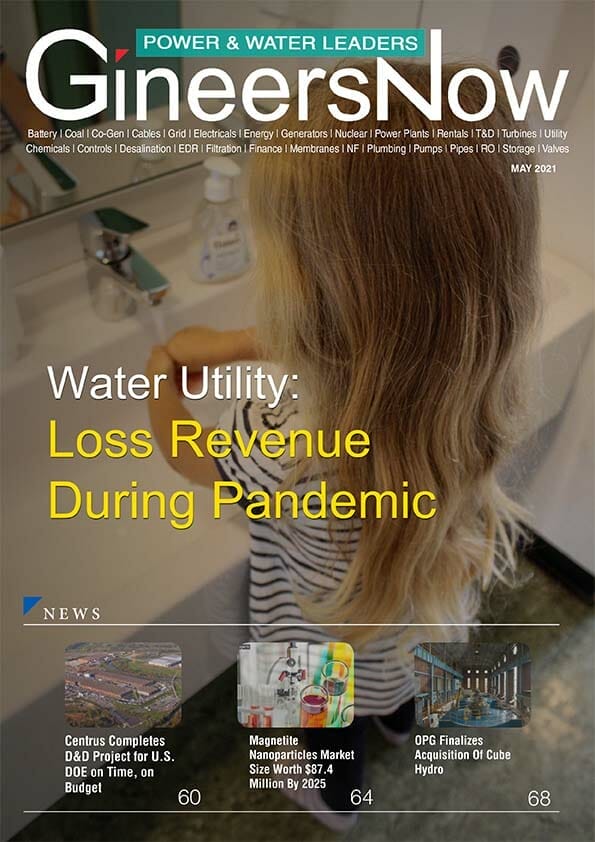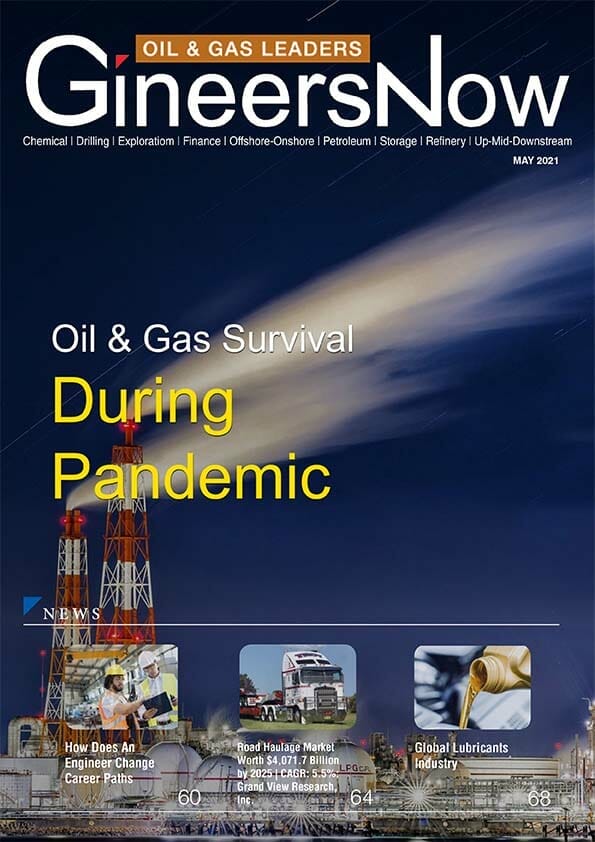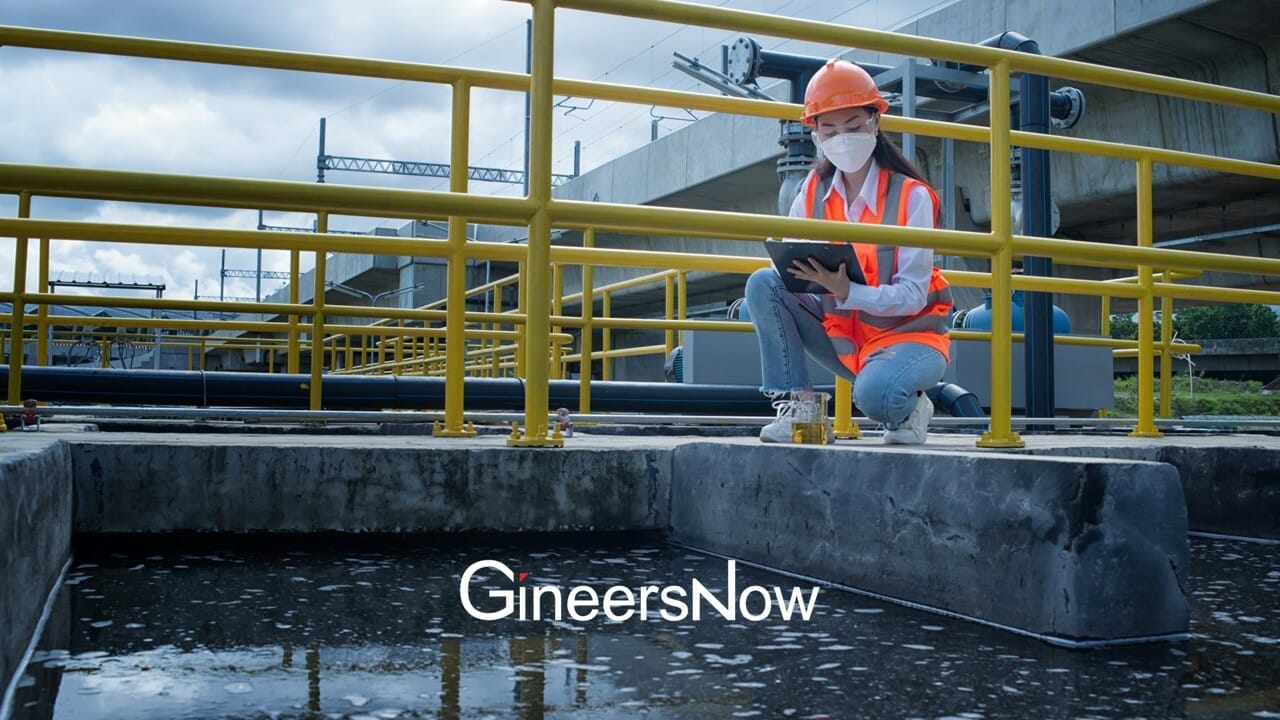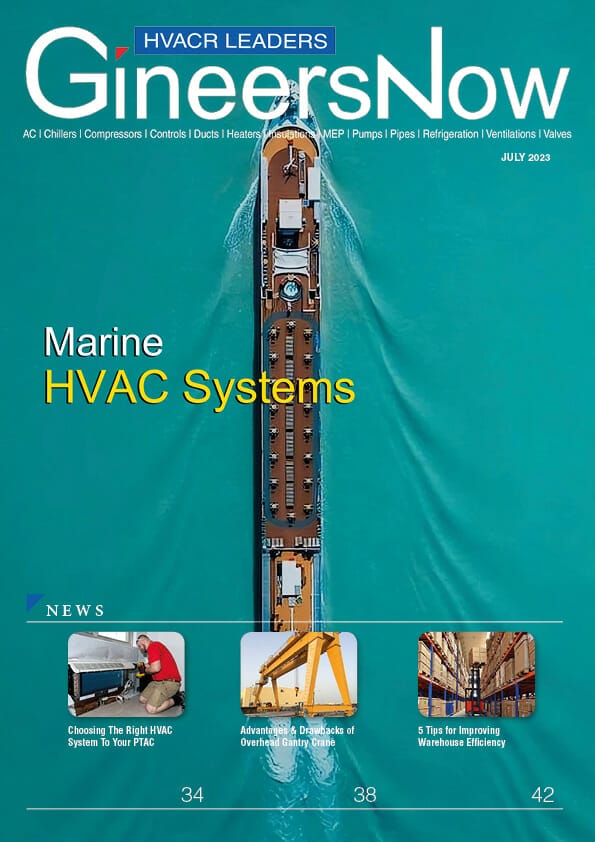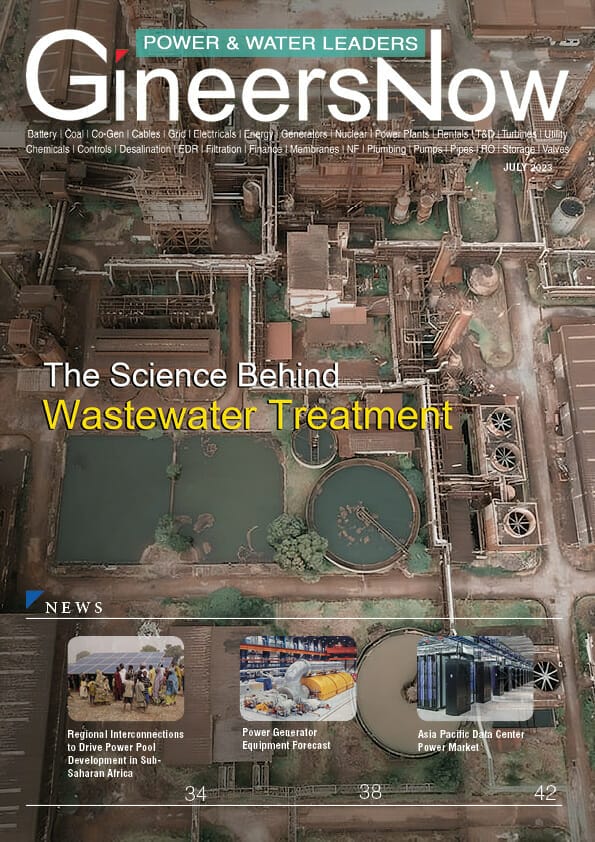Water Utility: Loss Revenue During Pandemic
The spread of COVID-19 is expected to slow down investments in the water utility sector around the world, with a few exceptions. Due to the high cost of downtime, operating efficiency has become much more important. Changes in demand levels, production disruptions, and the myriad emergency actions taken by policymakers to deal with the pandemic have all contributed to these operating requirements.
Currently, the water utility sector faces three challenges: revenue loss, operational issues, and postponement of new projects. Utility companies deal with revenue loss since several countries have declared emergency measures in response to the situation. The most prominent solutions to the crisis have been partial suspensions of water billing for low-income consumers and moratoriums on water supply cut-offs around the world. Deferrals or deductions from energy bill charges for disadvantaged groups, moratoriums on shutting off the water source (justified by the value of sanitation in preventing the transmission of the virus), and delays of meter reading and invoicing are among the specific steps implemented.
Read Rockwell Automation Special Report
Smart Manufacturing’s Most Important Enabler: Your workforce
Click here to view the full report
Regarding operations, the heightened risk of infection among utility workers could have an effect on activities, including both routine and construction jobs. Maintaining critical water and sanitation systems while still moving forward with continuing development needs operational stability and flexibility. Many policymakers have designated staff in the water utility and sewerage sector as critical workers, allowing utilities to preserve service reliability. Utilities, on the other hand, will only keep operationally important personnel on site due to psychological distancing procedures. There have also been supply chain and logistics delays recorded.
In the short to medium term, capital spending will decrease. Because governments prioritize emergency response, new construction investments are likely to be postponed. Capital expenditures in the water utility sector are expected to decrease during the 2020–21 timeframe, before returning to pre-crisis forecast levels, according to Global Water Intelligence (GWI).
With the ongoing COVID-19 pandemic, the impact of good governance and strong water utility supply and sanitation (WSS) service providers has been highlighted. This is why the World Bank is concentrating its resources on assisting utilities at this crucial juncture and making sure that they are prepared to execute their basic functions to supply clean water and secure sanitation facilities during a crisis while also building possible resilience against major future threats.
Click below to read the magazine
Click here to download the magazine


